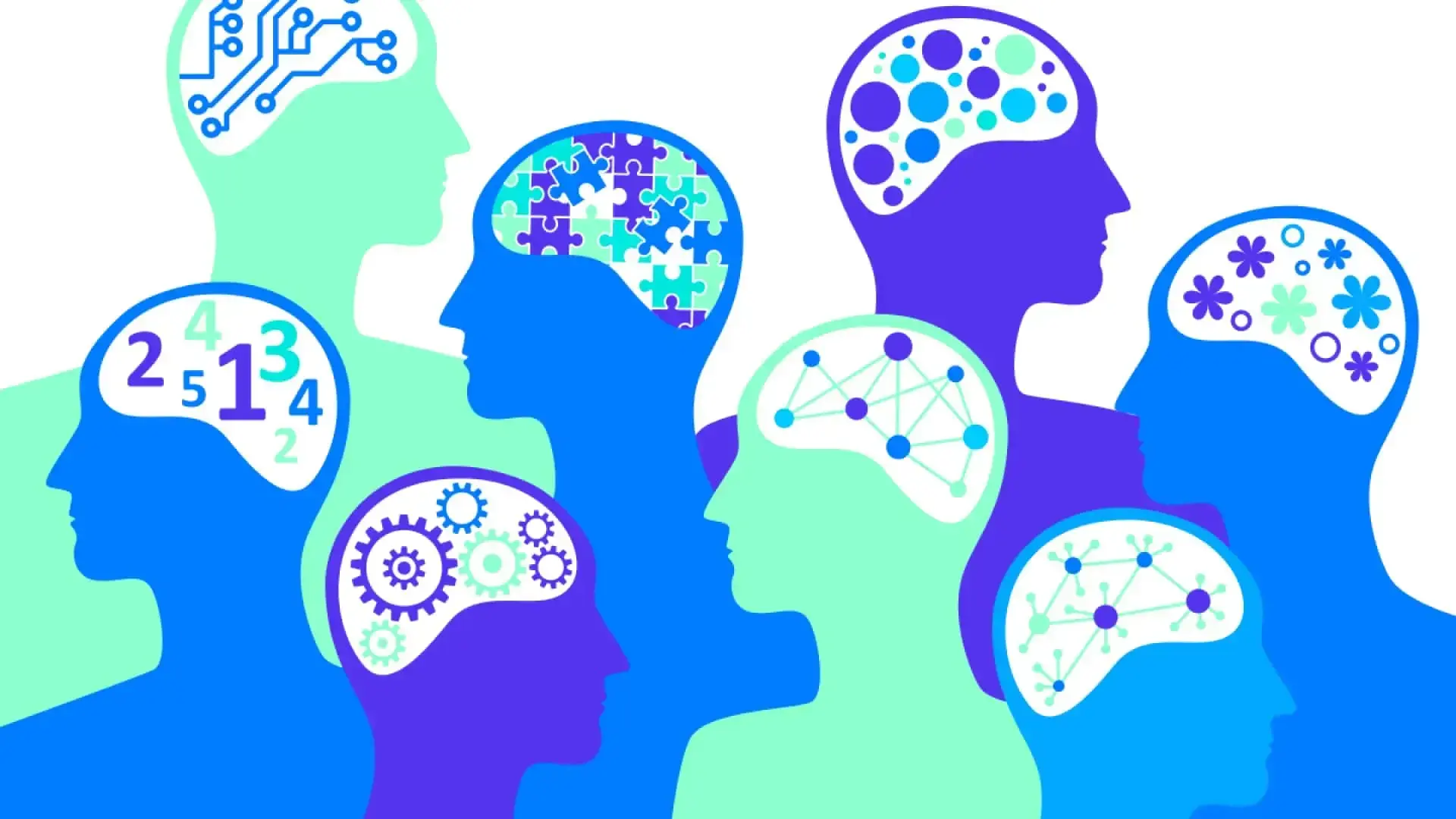
Embracing neurodiversity: the gains of inclusive call centres
With neurodiversity more in the spotlight than ever, we look at how noise cancellation apps can help call centres to be more inclusive.
Call centres are at the heart of customer service, providing an essential bridge between businesses and their clientele. As the world becomes increasingly diverse, creating inclusive call centre environments that cater to all customers has become imperative. One way businesses are achieving this is by harnessing noise removing technology to ensure exceptional customer experience for everyone, including neurodiverse and hearing-impaired individuals.
The commercial need for authentic neurodiversity
Neurodiversity plays a significant role in how customers experience call centre interactions. The prevalence of ADHD among adults is approximately 2.5-4%, although only 10-20% of these individuals will be treated. Autism UK reports that more than 700,000 people in the UK are on the autism spectrum. Neurodiverse individuals often have unique sensitivities which can make background noise in phone calls especially distracting or even distressing.
Championing inclusive measures isn't merely a matter of corporate social responsibility: it's a strategic business decision that can drive customer satisfaction, enhance corporate reputation, and ultimately, contribute to better business outcomes. The Barclays Neurodiversity Programme exemplifies the corporate benefits of embracing inclusivity. It doesn't just comply with accessibility requirements; it meaningfully meets the specific needs of neurodiverse and hearing-impaired colleagues and customers. The result? Improved customer satisfaction and an impressive 100% score on the Disability Equality Index. This recognition is not just an accolade; it signals to competitors and customers alike that Barclays is deeply committed to inclusion, placing it as a communication leader.
Understanding the auditory obstacles
When it comes to neurodiversity, ADHD and Autism Spectrum Disorder pose distinctive challenges that can complicate communicating over the phone. An underlying factor beneath these challenges is cognitive and sensory load, which is all too often ignored by companies.
Cognitive load refers to the total amount of mental effort being used in the working memory, while sensory load is the amount of sensory input an individual must process at any given time. A study published in the Journal of Attention Disorders shows that individuals with ADHD have reduced cognitive control and working memory capacity compared to neurotypical people (often, the response to being overwhelmed is what is termed as a shutdown, which obstructs communication completely). This means that extra noise and distractions, common in call centres, can impose an excessively detrimental environment, making effective communication difficult or impossible.
Background noise-removing technology such as IRIS Clarity helps alleviate the difficulties experienced by neurodiverse callers significantly. By investing in improved audio, companies can enable neurodiverse callers to focus on the conversation at hand, making interactions less stressful and more efficient. The impact of this is not only a more inclusive customer experience, but (as in the case of Barclays) a business advantage. The Harvard Business Review shows how companies that strive to become more inclusive and accommodating to neurodiverse individuals report benefits such as higher customer satisfaction rates and increased brand loyalty, leading to improved bottom lines.
The cocktail party that’s busier than you think
A familiar concept in auditory science is the "cocktail party effect." This term refers to the brain's ability to focus on a single conversation in a noisy environment - a process that's often diminished or absent in people with hearing impairments.
In a busy call centre environment, where multiple conversations occur simultaneously, background noise can create a "cocktail party" scenario, making it nearly impossible for people with hearing impairments to focus on the conversation at hand. This means that your agents are having little effect (if not a detrimental one) upon a more significant portion of customers than you may think.
Based on official statistics, approximately 12 million individuals have some form of hearing loss (the equivalent of 1 in 5 adults). This is a huge number and one that demands urgent consideration. These customers need efficient resolutions, yet many call centres are ill-equipped to aid them.
The use of noise-blocking technology such as IRIS Clarity removes the so-called “cocktail party effect”. By removing background noise, call centres can ensure that customers, including those with hearing impairments, have clear, focused conversations with agents. This means fewer misunderstandings, fewer repeat calls, and ultimately, a more positive and inclusive customer experience.
Become a leader in inclusive communication
Incorporating such technology is not only an investment in good customer service but also makes sound business sense. On top of this, businesses have a legal duty to make reasonable adjustments to ensure they are not putting individuals at a disadvantage. Adopting noise-eliminating technology is a practical and effective adjustment that businesses can make to comply with this legislation, while also improving customer loyalty. By placing inclusivity and accessibility at the heart of their operation, businesses can ensure they're effectively serving all customers, regardless of their hearing abilities. Doing so sends a powerful message of respect and consideration for all, leading to greater customer trust and improved business outcomes. To improve your call centre’s inclusivity through audio technology, get in touch today or start your 7 day free trial.


